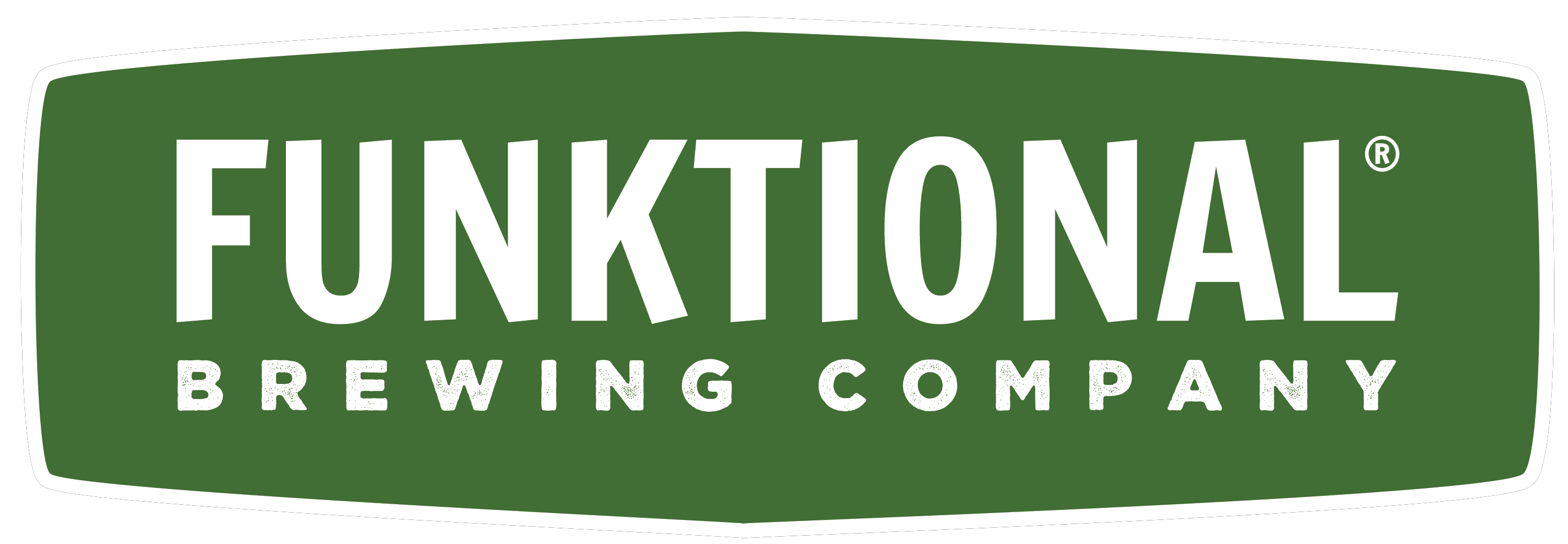Adaptogens & Nootropics
While adaptogens and nootropics serve different primary functions, they both play roles in supporting overall health and wellness. Adaptogens are known for their stress-relieving and energy-boosting properties, while Nootropics are known for their cognitive-enhancing and memory-improving properties
Adaptogens
Adaptogens are natural substances that help the body adapt to stressors, whether they are physical, chemical, or biological.
- Function: Adaptogens work by regulating the body’s stress response system, including the hypothalamic-pituitary-adrenal (HPA) axis and the sympathetic nervous system, to help maintain homeostasis and balance.
- Benefits: They are known for their ability to reduce stress, improve resilience, boost energy levels, and enhance overall well-being.
- Examples: Common adaptogenic herbs include ashwagandha, rhodiola, holy basil, and Siberian ginseng.
Nootropics
Nootropics are substances that improve cognitive function, including aspects like memory, focus, creativity, and learning ability.
- Function: Nootropics work by modulating neurotransmitter activity, increasing cerebral blood flow, promoting neuroplasticity, and protecting neurons from damage.
- Benefits: They are used to enhance mental performance, increase productivity, support brain health, and potentially prevent age-related cognitive decline.
- Examples: Common nootropic compounds include caffeine, L-theanine, racetams (e.g., piracetam), omega-3 fatty acids, and various vitamins and minerals.
Adaptogens vs Nootropics
Differences
- Primary Function: Adaptogens primarily help the body cope with stress and maintain balance, while nootropics primarily enhance cognitive function and mental performance.
- Mechanism of Action: Adaptogens primarily act on the stress response system and hormonal regulation, while nootropics primarily act on neurotransmitter systems and brain function.
- Benefits: Adaptogens are known for their stress-relieving and energy-boosting properties, while nootropics are known for their cognitive-enhancing and memory-improving properties.
Similarities
- Natural Origin: Both adaptogens and nootropics can be derived from natural sources, such as herbs, mushrooms, and certain compounds found in food.
- Health Support: Both adaptogens and nootropics are used to support overall health and well-being, albeit through different mechanisms.
- Popularity in Functional Foods: Both adaptogens and nootropics are increasingly being incorporated into functional foods and beverages due to their perceived health benefits.
